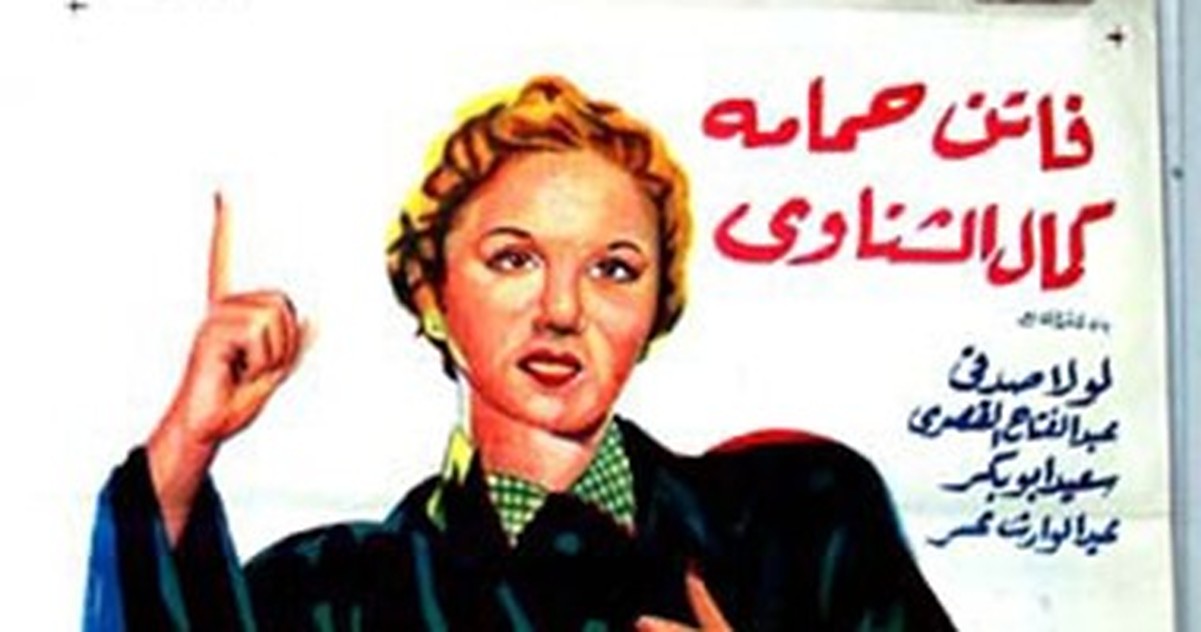I used to think that I would eventually grow to become a great woman. It wasn’t a fact; but a hope that I carried inside me since I was a little girl. I would look up to other great women and say: this is going to be me. Or this is me. But just not yet. Not this time.
My actual identity and the identity that I projected for myself were always standing on opposite ends of the line. I wondered endlessly as to why I always shrank my own identity for others, but then enlarged it for myself. When I speak, I speak tenderly, softly, quietly, and powerlessly. But when I think, I think loudly, fiercely, passionately and, most importantly, powerfully.
I wondered if other young women faced the same problem, and I was intrigued to see that it is actually widely common. According to Herminia Ibarra’s research, due to the few number of women holding top or senior positions in many fields, it becomes difficult for young women to identify with role models and select or imitate their traits and behaviors. In contrast, men often have a variety of male role models to identify with, which leaves women to rely more on self-made strategies.
Unfortunately, many of these self-strategies are more than often a trial and error product of each woman’s own life experience, rather than something to be shared and learned equally by all women. When a woman reaches this great position on her own, it is seen as an anomaly – something completely extraordinary about her character that helped her achieve it. In reality, this ‘extraordinary quality’ can in fact be acquired by any woman so long as she merely has the will.
Just as it is never a surprise to see a man reach a top position or become something great, then it should also not be surprising for a woman.
Globally, the importance of creating a community for female professionals to connect and learn from one another has been increasingly recognized, as evidenced by platforms such as Girlboss and Ellevate, and university female programs, which help women build their careers and – more importantly – their identity as a woman, through learning and connecting with another powerful group of influential women.

In Egypt, within the framework of Egypt’s 2030 Development Strategy, the government is planning to increase women’s position in leadership and senior roles to 43%, which currently now only reaches around 20%, and even less in some sectors particularly for private companies. While this is a positive step in providing more role models for young women to look up to, it is also necessary to look beyond the percentages as a final goal and realise that – essentially – it should be about the removal of the invisible barriers and inequalities that are deeply rooted in the society that discourages these women from achieving their top potential.
During my university years, I started to feel that this hope I carried since I was a little girl was perhaps a little too far-fetched. As I was entering my 20s, I felt like I was going to be forever trapped in ongoing battle between two realities and expectations.
This all changed when I decided to work for another great female boss: Nehad Aboul Komsan, a senior lawyer and chairwoman of the Egyptian Centre for Women’s Rights and the Gender and Legal Expert House.
As I entered her office – still carrying the weight of life as a graduate and a young woman who was learning to keep her movements under careful control and calculation – I felt all of that weight instantly disappear the second I heard her greeting me with enthusiasm.
“Hello! Come in! Why are you so scared? Are you afraid I am to going kidnap you?” She told me warm-heartedly.
There were awards placed on nearly every shelf. An award of recognition from UN Women. A photograph of her shaking hands with Hilary Clinton. A photograph at the ceremony of her successful project ‘Aswat Al Nissa’ (Women’s Voices). A photograph of the logo of her television program ‘Hekayat Nehad’.‘Hekayat Nehad’.
It seems pretty clear to anyone that this is a woman of greatness. An ‘iron woman’ as they often like to call other great female leaders, whose strength is perceived to stem from this masculine ‘extraordinary quality’ that equalizes them with the other powerful men in the same position.
At a time when my hope was crippling apart, and I began to think that I was far from becoming an ‘iron woman’, working with her made me realize that my understanding of what it means to be a woman and a leader was completely superficial and false.
She was not just my boss, but also my mentor. She revealed to me all the different sides to her personality, and was willing to share with me all her important steps and strategies. I saw through her big and powerful image a smaller image of a younger woman that was probably as confused and lost as I was, and the moment I hold onto that smaller image inside her, I felt more confident that I could achieve whatever I wanted, even if it is at a small scale.
Gradually, I began to see the ‘extraordinariness’ in all women; all women who held visions of themselves inside them and continue holding on to them. I began to see beyond just the ‘iron woman’ that others prefer to see powerful women as – I saw her heart, and it was compassionate, gentle, and kind; much stronger than iron.
*The opinions and ideas expressed in this article do not reflect the views of Egyptian Streets’ editorial team. To submit an opinion article, please email [email protected].






Comments (0)